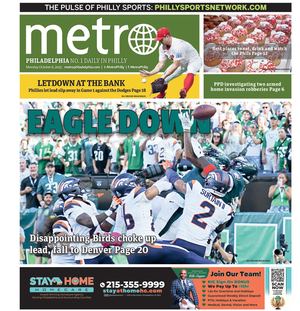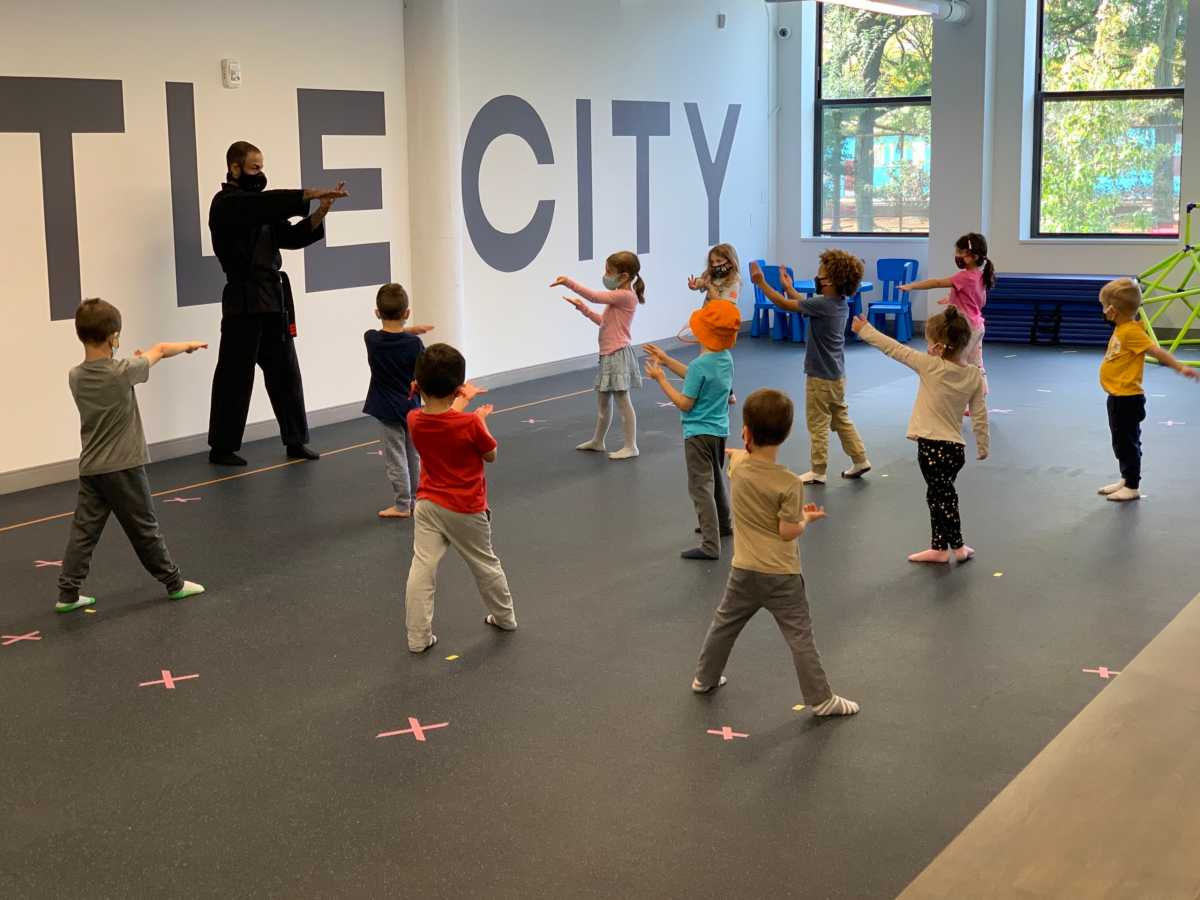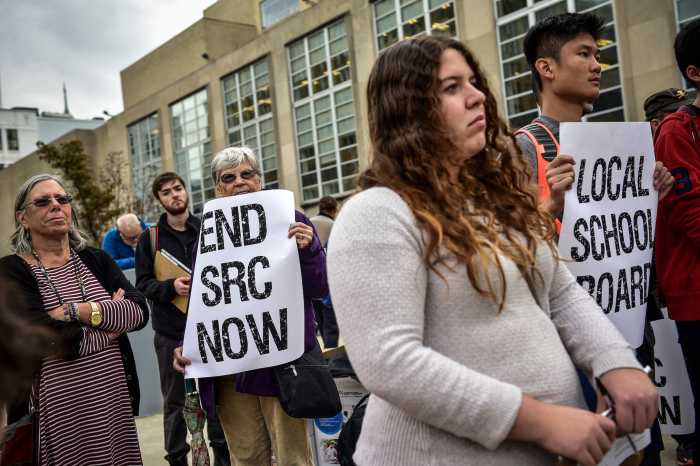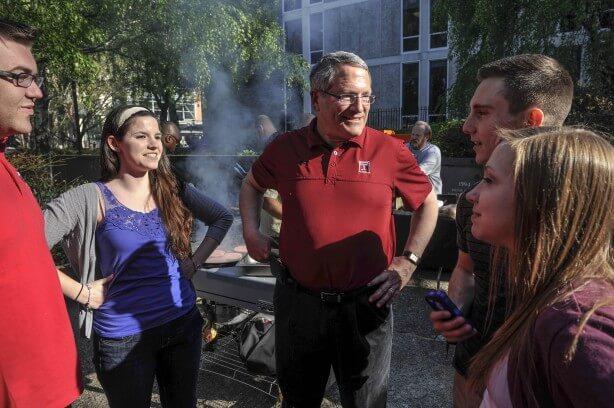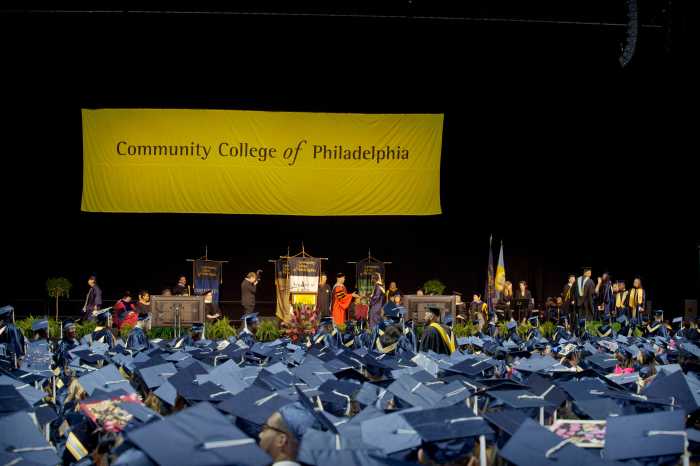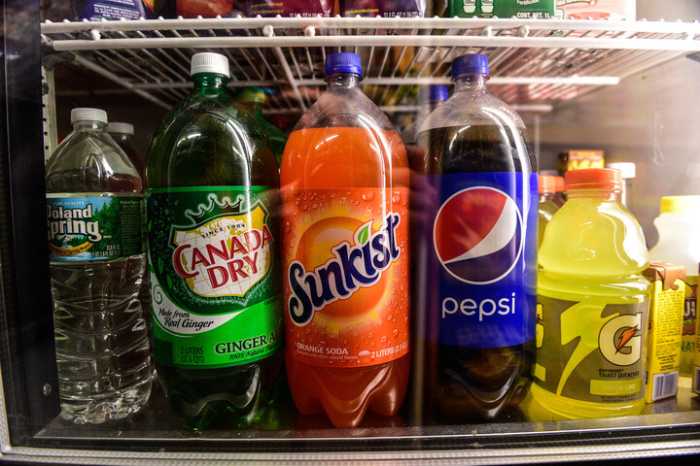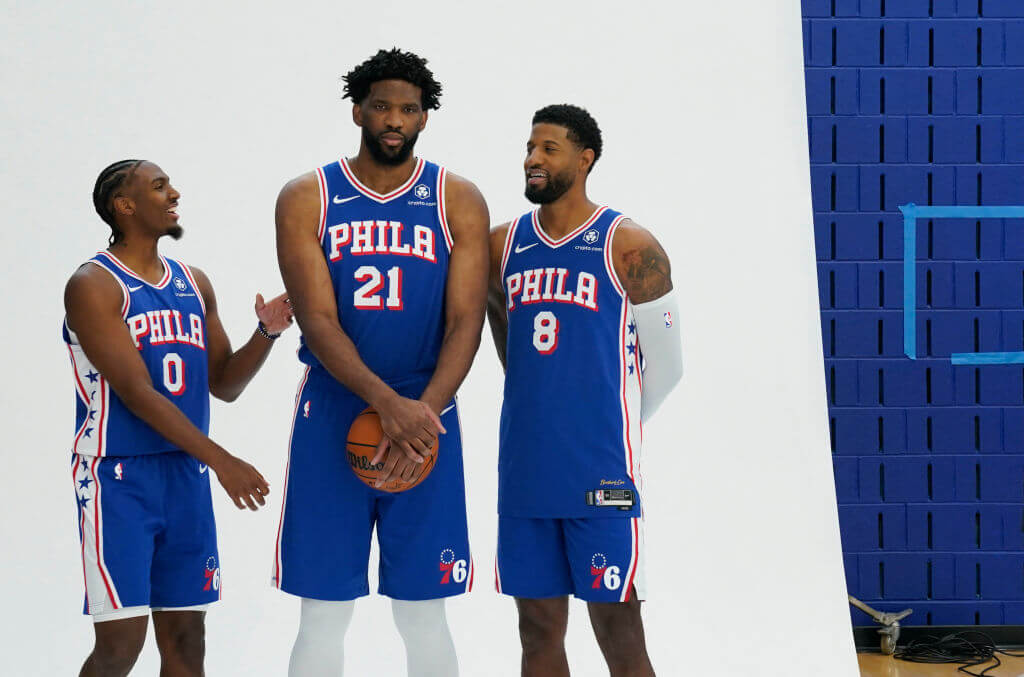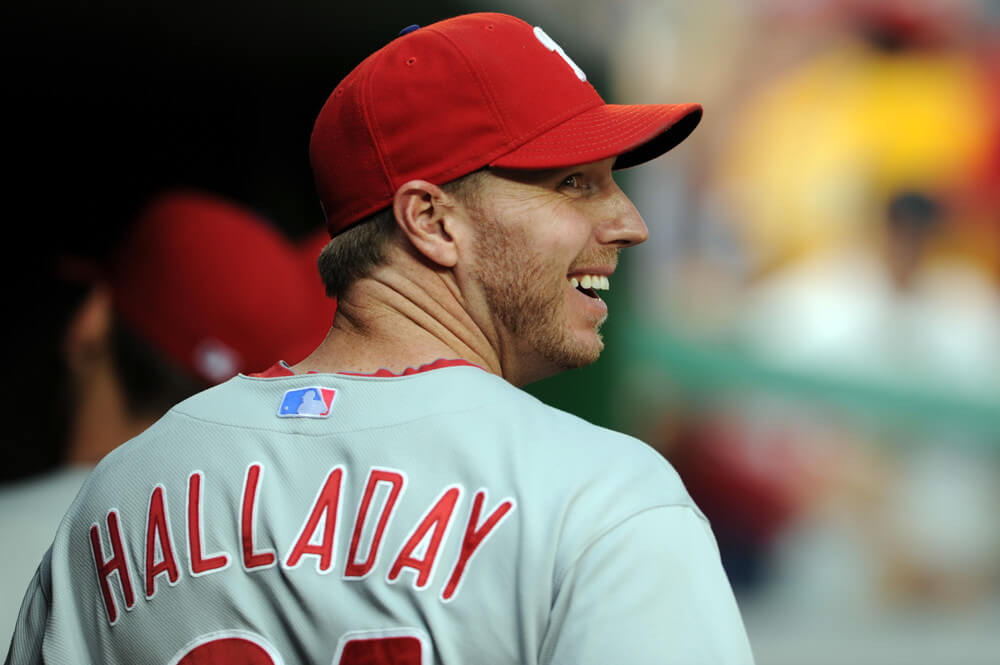Steve Kertsman left his job as a director of strategy at Comcast in June to focus on opening a preschool and kindergarten.
COVID-19 had delayed the construction and permitting process, and he was worried the school wouldn’t be able to begin operating as planned in September. It really wasn’t an option to wait out the pandemic, he thought.
“We had so many people depending on us,” Kertsman said. “We had a full staff who were depending on us for a paycheck starting in September.”
“And then we had 50 families who were expecting child care from us in September,” he added.
Little City Montessori, which is in the Umbrella Building, just north of Northern Liberties, was licensed in August and welcomed its first students for in-person classes on-time.
The school, Kertsman said, utilizes a “silo” method to combat potential spread of the virus. Students from different classes do not interact with each other throughout the day. Each classroom has a bathroom, sink and refrigerator.
Staff only deal with one group of students, so Kertsman and his brother, Julian, his partner in the effort, had to bring on additional employees.
Unlike Steve, Julian didn’t leave his job, as a pediatric anesthesiologist, to work full-time at the school. But he is Little City’s medical officer and was responsible for drafting an agreement with parents.
They had to sign the document, which states they must quarantine their family if they travel out of state or are exposed to someone with the virus.
There are also daily temperature checks and scheduled handwashing times. Little City is open to children between 18 months and six years old, and all students over the age of two are required to wear masks.
Perhaps surprisingly, the youngsters, for the most part, have kept their masks on, Steve Kertsman said.
“It’s been pretty seamless, I think because they see their parents wearing masks and their teachers wearing masks,” he said. “They just wear them, and they don’t really complain about it or have an issue with it.”
“I think they’re better than some adults at it, to be honest,” Kertsman added with a laugh.
He said no one at the school has come down with COVID-19 yet.
The journey to opening Little City began before the pandemic, when he moved to Philadelphia from San Francisco to be closer to Julian’s family.
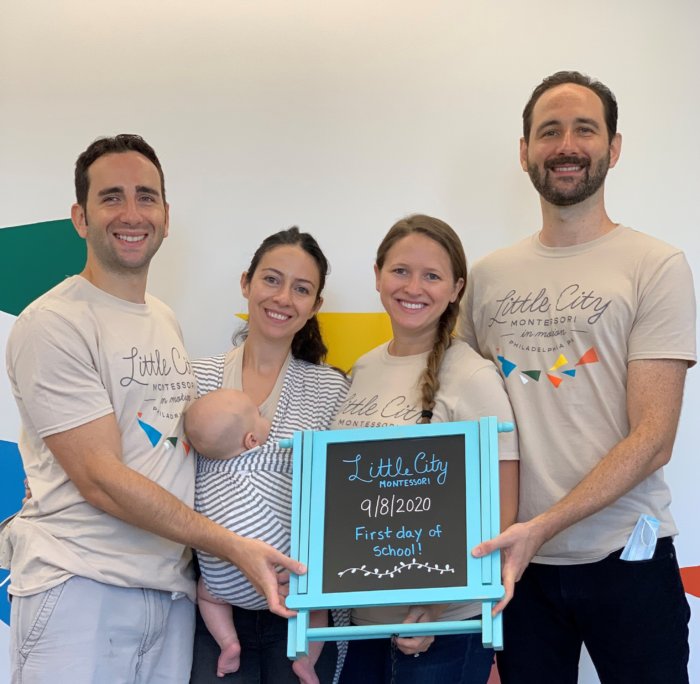
Kertsman settled in Fishtown and looked around at the educational options for his three children. The family had positive experiences with Montessori schools, and he wanted one with all-day programming. He wasn’t able to find it.
That’s when the idea of starting a school came up.
“For us, it was a no-brainer that it was going to be a Montessori school,” Kertsman said. “It was just: How do we take Montessori and make it productive for working families, like ourselves, in the neighborhood?”
At Little City, families have the option of enrolling their students in an expanded-hours program, where they can drop them off as early as 6:30 a.m. and pick them up at 6 p.m.
Kertsman said the schedule for most Montessori schools is morning classes, lunch, and a trip to the playground. Then, the children usually wait in the school as parents come to take them home.
“What we wanted to do is make that second half of the day really productive by incorporating motion,” he said.
In the afternoon, students are shuttled between Cruz Playground, which is across the street from the school, and Little City’s 4,000-square-foot activity center, where they take yoga, dance, sports and martial arts classes.
Tuition, like many other Montessori schools, is not cheap. Little City costs $1,715 a month for an 8:30 a.m. to 3 p.m. school day. Kertsman said they believe it is “very competitively priced.”
Despite the challenges, enrollment has been good, he added, and the toddler program, for 2-and-3 year olds, is booked for next year.
The school has also teamed up with former Eagles player Connor Barwin’s charity, Make the World Better, to raise money for a community garden and park renovation in the neighborhood.
Kertsman said he was looking for ways to give back and has no regrets over leaving the corporate world.
“It’s the best decision I ever made,” he said.
